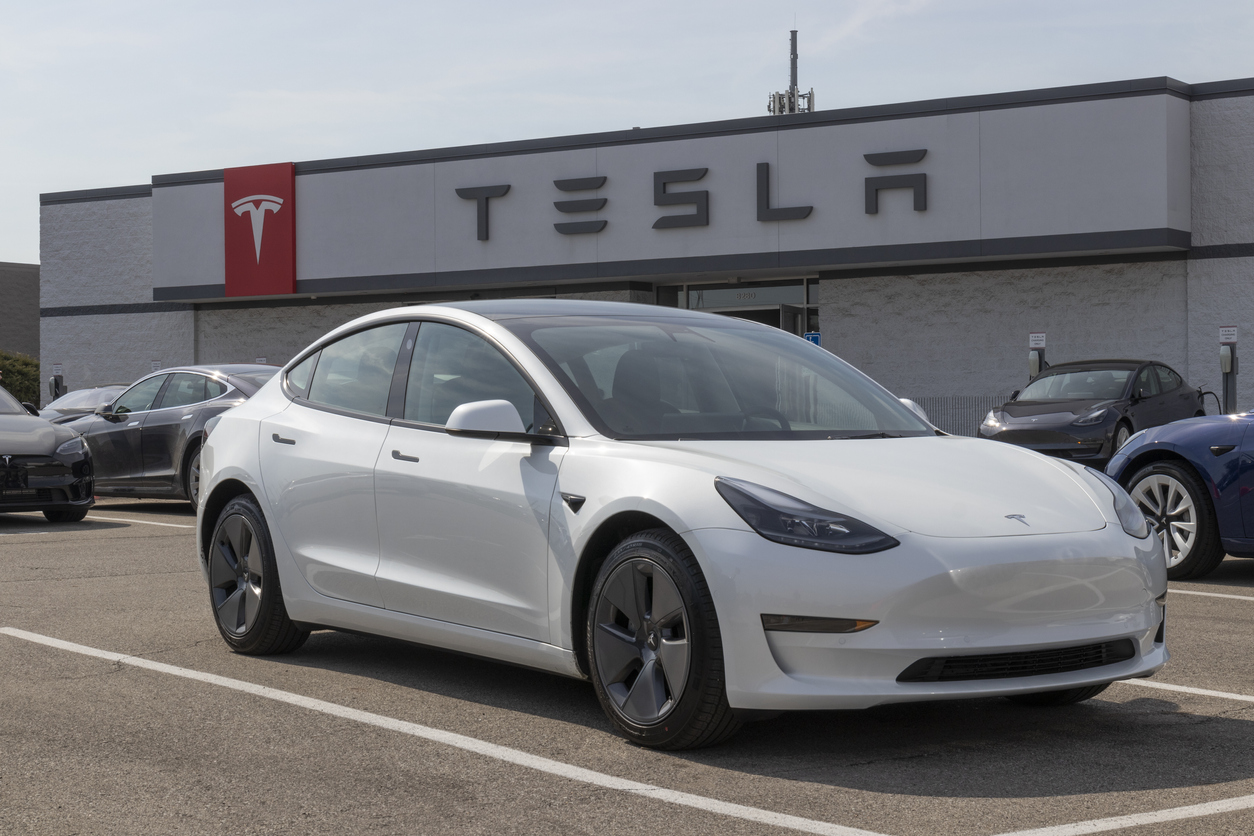The European Union announced on Tuesday that it would significantly reduce the planned tariffs on electric vehicles imported from China, offering a notable decrease for Tesla’s China-made EVs. Initially set at 20.8%, the tariff rate for Tesla has been slashed to 9%. This decision comes as part of a broader adjustment to the EU’s approach to tariffs on Chinese electric vehicles, which also includes reductions for other manufacturers such as BYD, Geely, and SAIC.
These new tariffs are in addition to the existing 10% duty already imposed on battery electric vehicle imports by the EU. The reductions follow a preliminary conclusion by the European Commission that the value chain for battery-electric vehicles in China benefits from what it describes as “unfair subsidization.”
The European Commission, which serves as the EU’s executive arm, disclosed its draft decision on Tuesday, stating its intention to impose definitive countervailing duties on these imports. However, following feedback from interested parties, the commission decided to make slight adjustments to the proposed duty rates.
Tesla’s specific reduction in tariffs comes after the company made a “substantiated request” to the EU, arguing that the planned tariffs should be recalculated to account for the specific subsidies it receives in China. The EU granted Tesla an individualized, lower duty rate as a result.
Tesla wasn’t the only company to benefit from this recalibration. BYD, backed by Warren Buffett, saw its tariff rate reduced from 17.4% to 17%. Geely’s rate dropped from 19.9% to 19.3%, and SAIC’s from 37.6% to 36.3%. However, companies that did not cooperate with the EU’s investigation into China’s subsidization practices will still face substantial tariffs of 36.3%, a slight decrease from the previously planned 37.6%.
The EU’s decision has had immediate financial impacts, with Tesla shares rising more than 1% in U.S. morning trading following the announcement. However, Tesla, BYD, Geely, and SAIC were not immediately available for comment.
This decision by the EU marks a critical juncture in its trade relationship with China, particularly in the rapidly growing electric vehicle market. The imposition of these tariffs, despite the reductions, reflects ongoing concerns within the EU about the competitive advantages Chinese manufacturers may have due to state support, and the potential impact on European EV producers.










